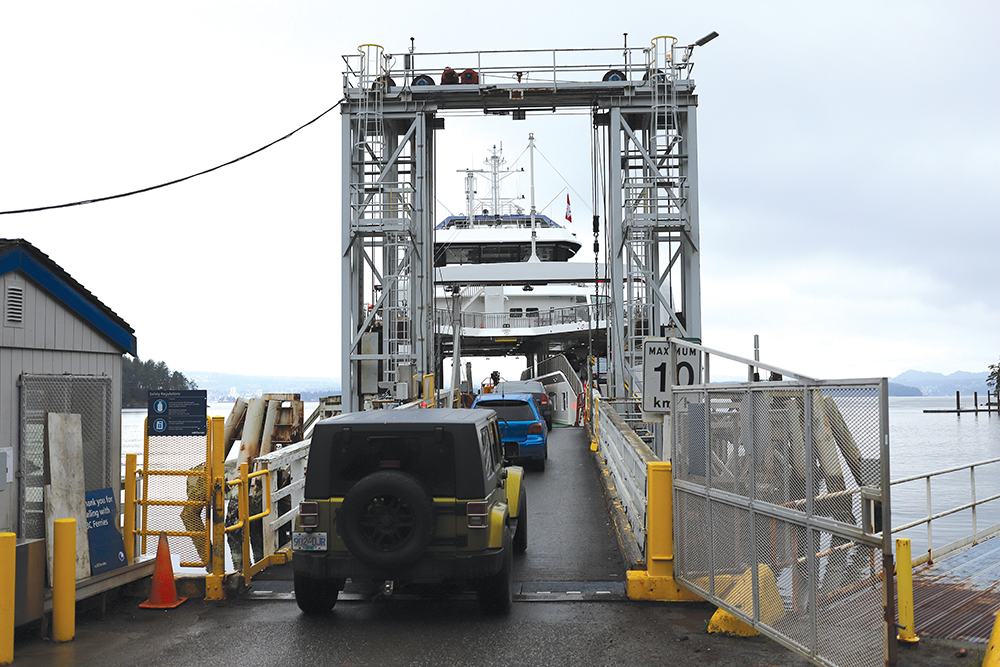Sounder News
The Canada Infrastructure Bank (CIB) has reached financial close on a $75 million loan to BC Ferry Services Inc. to help finance the purchase of four zero-emission ferries and install the required charging infrastructure.
This will directly impact the Gabriola-Nanaimo route, which is slated to receive two of the new all-electric vessels, as well as the charging infrastructure to support them.
The battery electric ferries and terminal upgrades are to be completed by fiscal 2027 and estimated to reduce 9,000 tonnes of GHG emissions annually.
The existing diesel-hybrid vessels – including the Gwawis and Kwigwis – will be transferred to other routes to replace ferries that have reached their end of life.
According to the CIB, the loan will cover the higher upfront capital costs of the ferries compared to diesel, including charging infrastructure, which it says will help accelerate the electrification of one of the world’s largest ferry networks.
Repayment of the investment will come from standard operating revenues comprised of passenger fares and retail revenues.
The investment is the CIB’s first in zero-emission ferries, which expands its transit portfolio beyond zero-emission buses.
Ehren Cory, Chief Executive Officer, Canada Infrastructure Bank said, “partnering with BC Ferries on the CIB’s first electric ferry financing will help to accelerate the electrification of one of the world’s largest ferry networks. In addition to their environmental benefits, the new vessels will be quieter and offer more enjoyable commutes for local residents and visitors to communities in the greater Vancouver area.”
The Hon. Sean Fraser, Minister of Housing, Infrastructure and Communities said, “this partnership between the Canada Infrastructure Bank and BC Ferry Services is an incredible first step towards the electrification of one of the world’s largest ferry networks. Greener transit is a vital part of our work to tackle climate change and the work that CIB is doing to support it will go a long way in helping us reach our goals of net zero emissions by 2050.”
Nicolas Jimenez, President and Chief Executive Officer, BC Ferries said, “our partnership with the CIB to deliver these new Island Class vessels will increase system capacity, improve our flexibility to move ships across routes and make it easier to train and deploy our teams. It’ll also help us achieve important environmental benefits. All of this increases our passengers’ confidence we’ll get them where they need to go in a safe, reliable and environmentally conscious way.”
The Government of Canada sets the overall policy direction and high-level investment priorities of the CIB. The bank works cooperatively with all levels of government, private investors and project sponsors to identify potential investments and make independent commercial decisions. The Canada Infrastructure Bank is accountable to Parliament through the Minister of Housing, Infrastructure and Communities.





Recent Comments